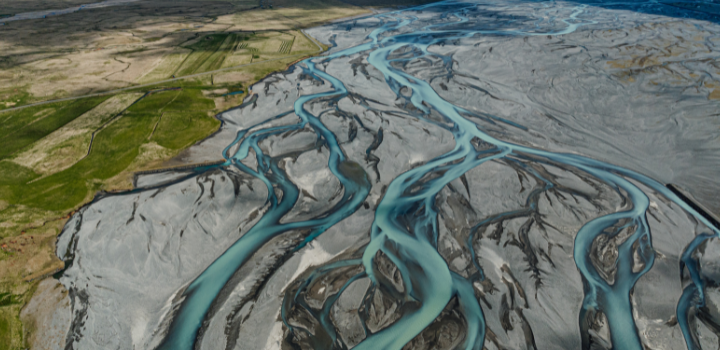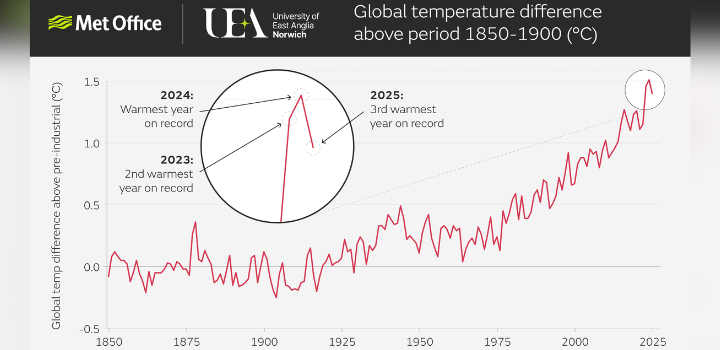UEA to track a century of genetic change in Antarctic krill
By: Communications

University of East Anglia researchers are launching a project with the Natural History Museum to see how Antarctic krill are being impacted by climate change.
The small crustaceans are crucial to the Southern Ocean’s role as one of the largest carbon sinks in the world.
But rising ocean temperatures are causing the krill’s habitat to shrink.
The initiative will see historic specimens from the Museum compared to recently collected krill to track genetic changes over 100 years.
The research team have developed ‘DNA probes’ to identify important genes within the krill’s sequenced genome. They aim to target 10,000 gene sequences, including those associated with the krill’s response to temperature.
And they hope that the project, known as KRILLGUARD, will help them better understand the vital role of these sea creatures in the changing Southern Ocean.
As well as being an important food source, krill play a key role in the carbon cycle removing up to 40 million tonnes annually. They also have considerable commercial importance - the krill fishing industry has an annual catch value exceeding $200 million.
Study Environmental Sciences at UEA
Prof Cock Van Oosterhout, from UEA’s School of Environmental Sciences, said: “We want to see how their genetic make-up has changed over the last century by comparing historic specimens in the Natural History Museum with krill collected more recently by the British Antarctic Survey.”
The team will also investigate whether the species is comprised of distinctive groups as opposed to one large population surrounding Antarctica. This means that certain subpopulations which may be fished in open waters might be the ones better adapted to higher temperatures. If this is the case, krill’s ability to adapt to rising ocean temperatures might be hampered by removing the genes that enable this evolution.
Dr Matt Clark, Research Leader at the Natural History Museum and senior member of the KRILLGUARD team, said: “It's hard to overstate just how important Antarctic krill are to the ecosystem. As many as 10 per cent of them are fed on by whales alone, while many more are eaten by everything from sea birds to squid.
“As cold-water specialists, krill are vulnerable to the effects of the warming Southern Ocean. We hope that by improving our understanding of their genetics, we can find out more about their populations and support decisions to conserve this vital species.”
The KRILLGUARD initiative is being led by the Natural History Museum, with British Antarctic Survey and University of East Anglia as partners. The Project has been funded by the Natural Environment Research Council (NERC).
Related Articles

New analysis of climate threats to biodiversity will help conservationists plan for future
Scientists have published the most comprehensive assessment to date of how climate change threatens biodiversity in more than 98,000 protected areas worldwide, aiming to help conservationists build resilience in the face of accelerating climate impacts.
Read more
Scientists discover how fast the world’s deltas are sinking
New research involving the University of East Anglia (UEA) reveals how fast the world’s deltas are sinking and the human-driven causes.
Read more
2025 continues series of world’s three warmest years
2025 is the third warmest year on record in a series from 1850, following 2024 and 2023, according to new data released today.
Read more